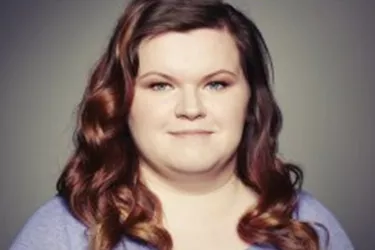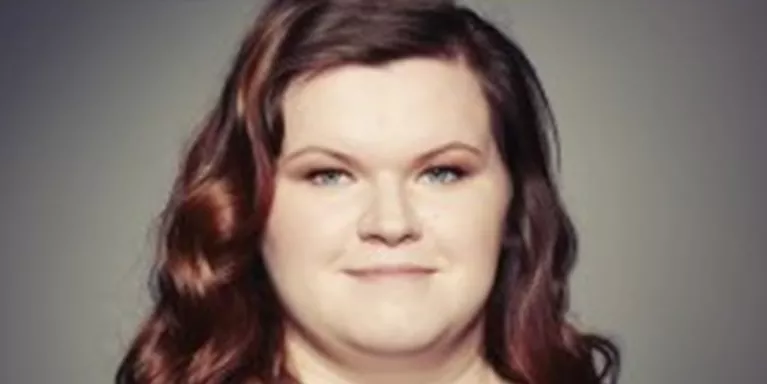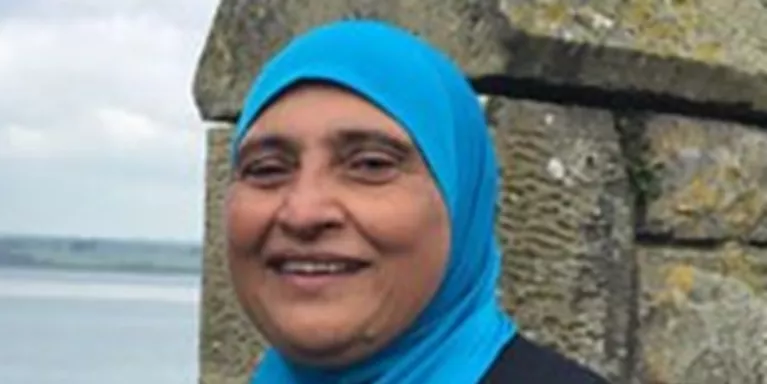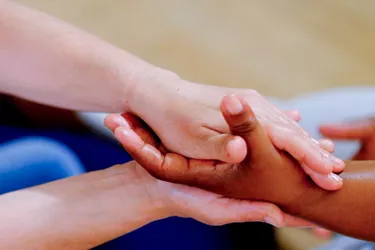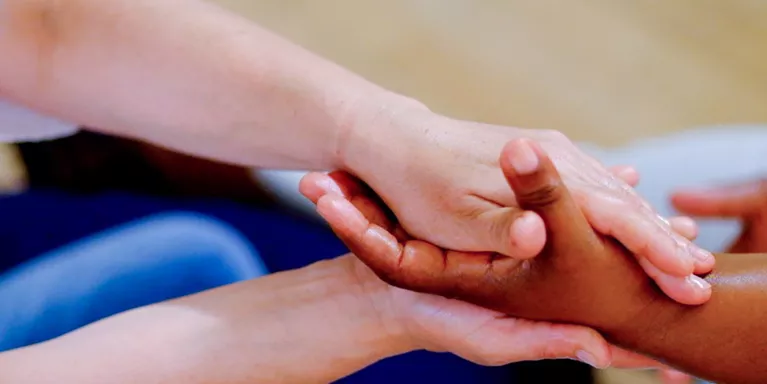New horizons: my experience of peer support
Matthew blogs about his experience of peer support.
Those were the days that had run from blue to grey. British weather or chronic depression, I was never sure. In the end, I had thought there was probably not that much difference between the two.
I’d been trying to fit that round peg of schizoaffective disorder into the square hole of normality for quite some time. I’ve come from durative care hospitals, from group homes, from supported housing, from the edge of life that encircles the more densely populated areas of reality. I only ever saw people who weren’t coping in the same way as everyone else.
Peer support changed all that. I had been elected from a larger group to join 13 others in Peer Support Worker training as funded by my local NHS Health and Care Trust. I entered the class room on my first day – not sure what to expect and not expecting much at all. I had no idea what I’d find there... I never thought it would be incredibly profound an experience as it was.
People with my diagnosis, similar diagnoses, wit, whimsy and grace. I felt like I have found those few pearls which lie scattered amid the murk that rests at the seabed of madness. And that was it: these people were quite obviously not ‘mad’; perhaps somewhat out of place, but as real as Tom, Dick or Harry. It wasn’t like being on an acute ward, or group therapy, sitting in a psychiatrist’s office – it was the real life I’d been missing for 15 years.
The idea with peer support work is people with lived experience helping people who are going through similar things with that experience they have gained having been further down the road longer than the other person. It seemed like a dazzling and all too alien a concept. People helping people, it was just that simple.
Already, peer support is saving a handful of NHS trusts valuable time and money. Empathy bought is empathy earned, I always thought. You could put someone who can empathise in a position where they use that which is closest to them to help another with that which is closest to the other. It is just a rational alchemy: a coming together of minds and hearts for a better tomorrow, today.
This has been the first time I’d ever felt empathy in a group setting. We laughed and we cried. I can speak for everyone on the course as well as myself when I say we’d never felt such a bond and closeness as we did in those 5 weeks of training. Similarly, things like this are infectious and the group will come to benefit the whole and the feeling will spread. If it worked for 14 candidates, I really think it can work for anyone with mental health issues.
So soon it will be a loss of local acute wards and a loss of home treatment teams for those of us who take the job. After 5 of the most profound and moving weeks of my life, I sit like a young lad with a knot in his stomach knowing he’s going on a long journey – an adventure – and no adventure is ever ultimately bad when we go into it with the right spirit.
I look forward to meeting with more and more people with problems similar to mine, but instead to be there in a helping and caring capacity. A little empathy goes a long way and a lot of empathy can change the world. Here’s to new horizons in mental health.

Information and support
When you’re living with a mental health problem, or supporting someone who is, having access to the right information - about a condition, treatment options, or practical issues - is vital. Visit our information pages to find out more.
Share your story with others
Blogs and stories can show that people with mental health problems are cared about, understood and listened to. We can use it to challenge the status quo and change attitudes.










